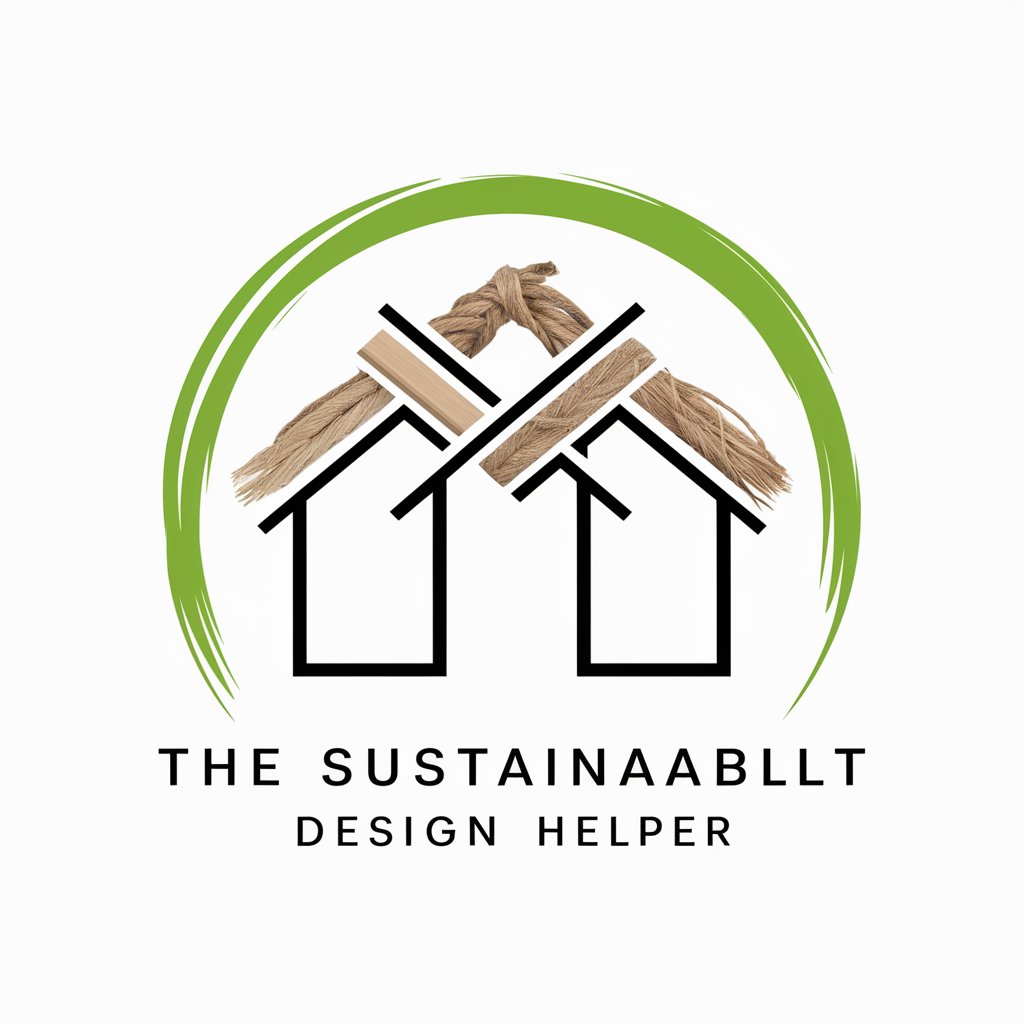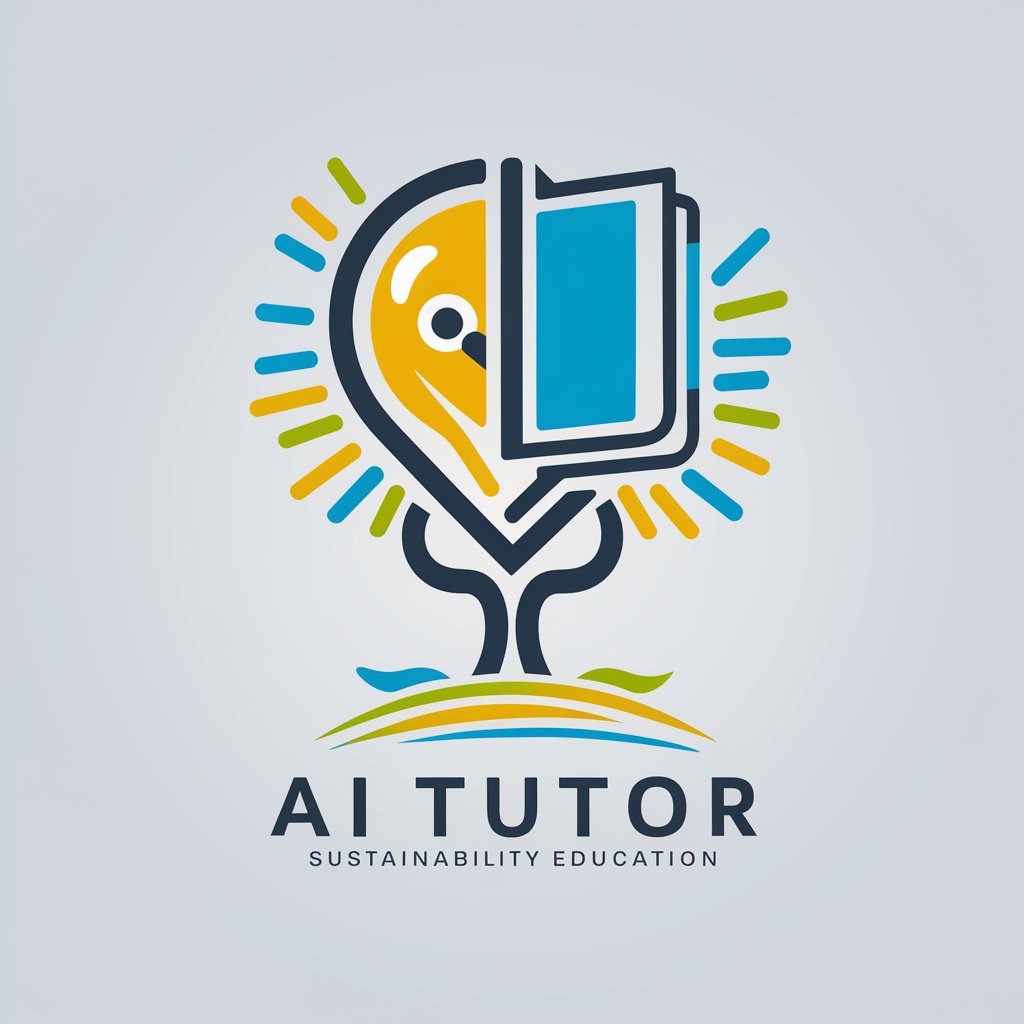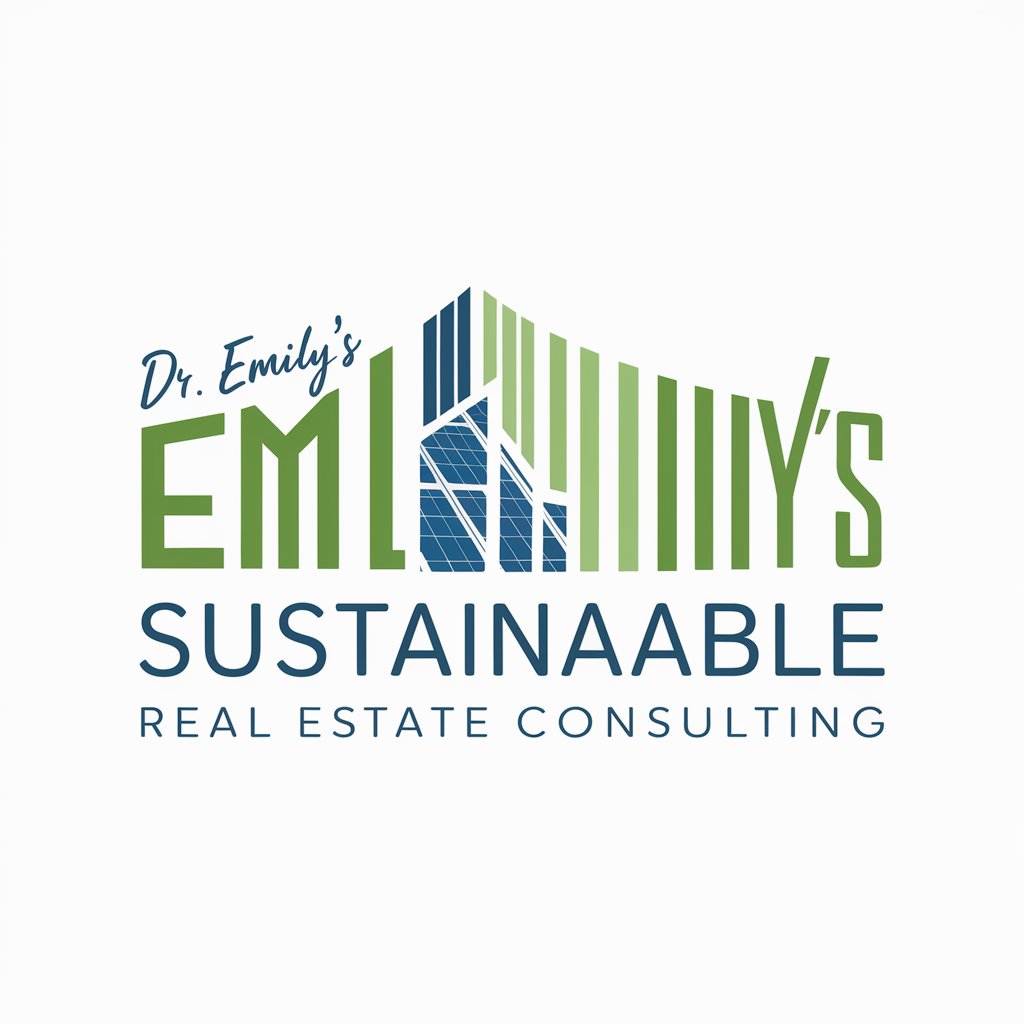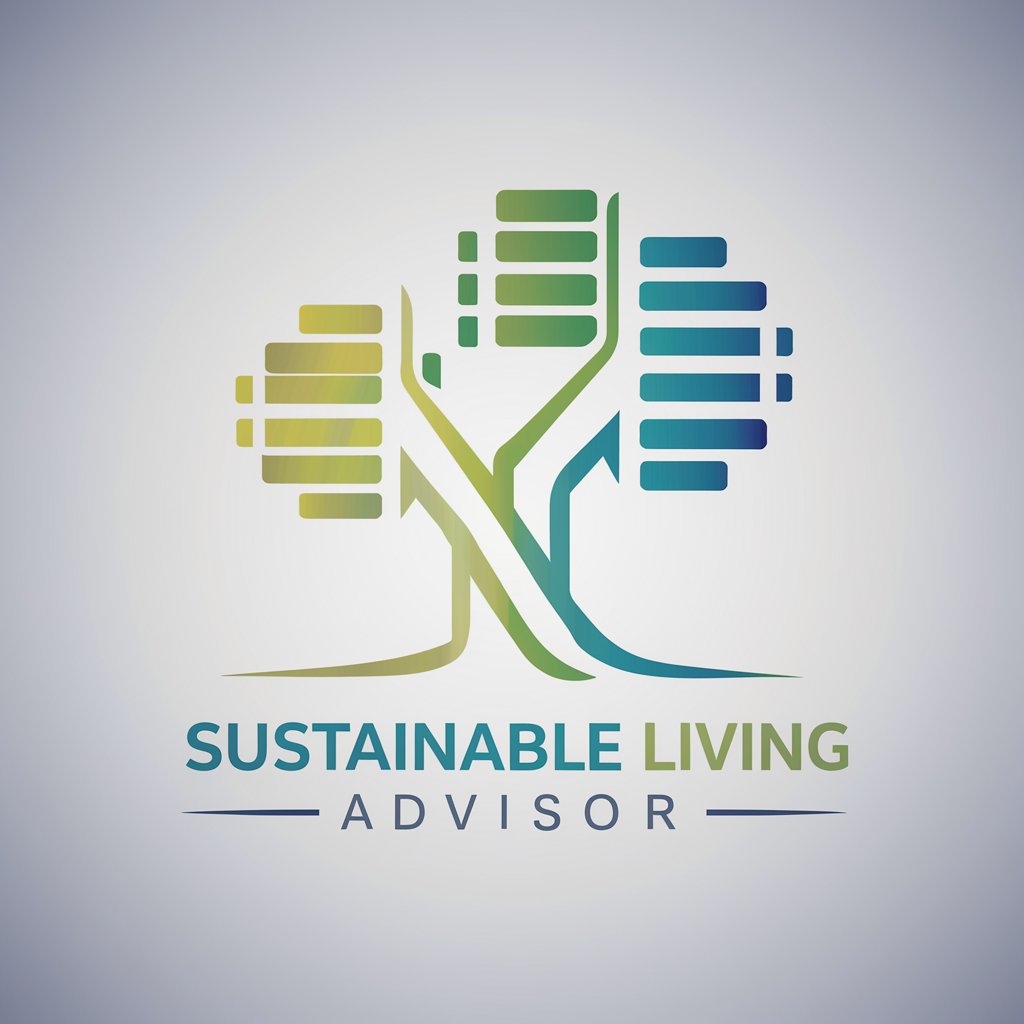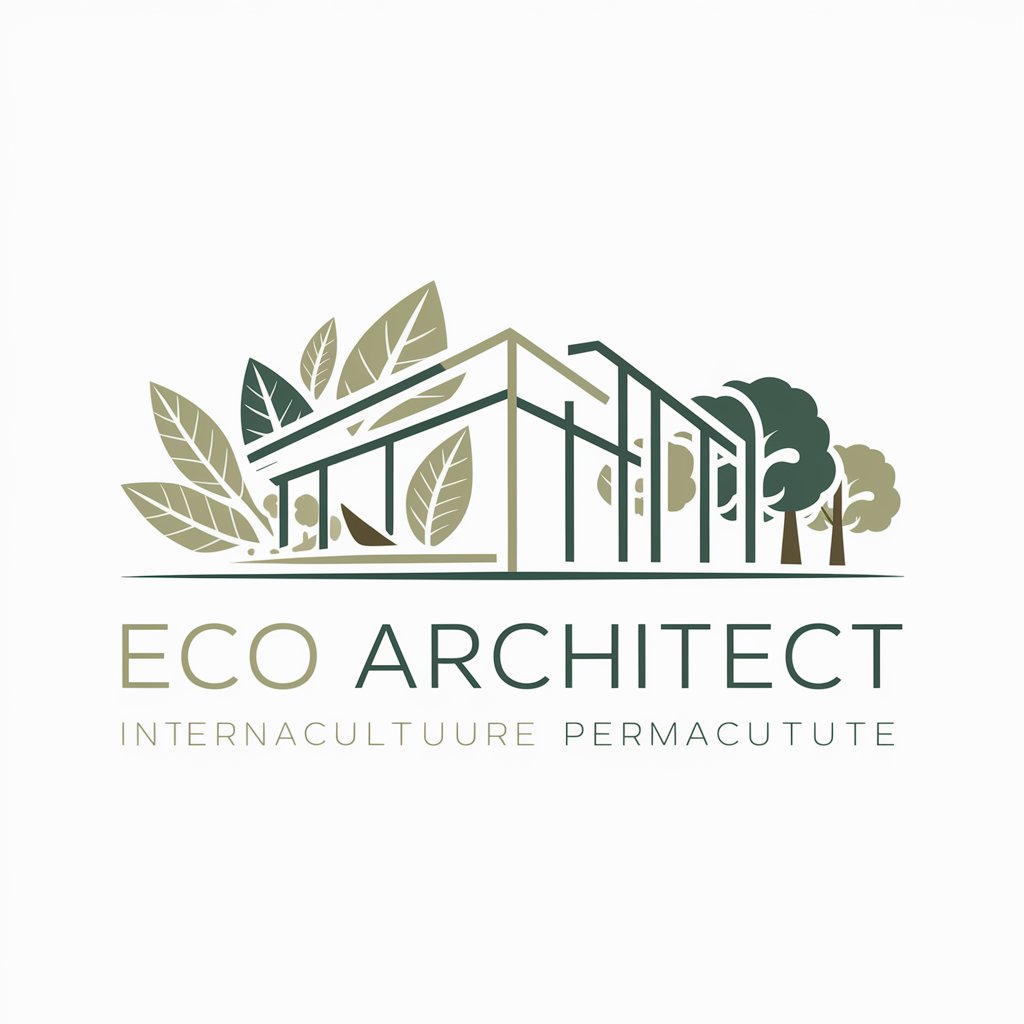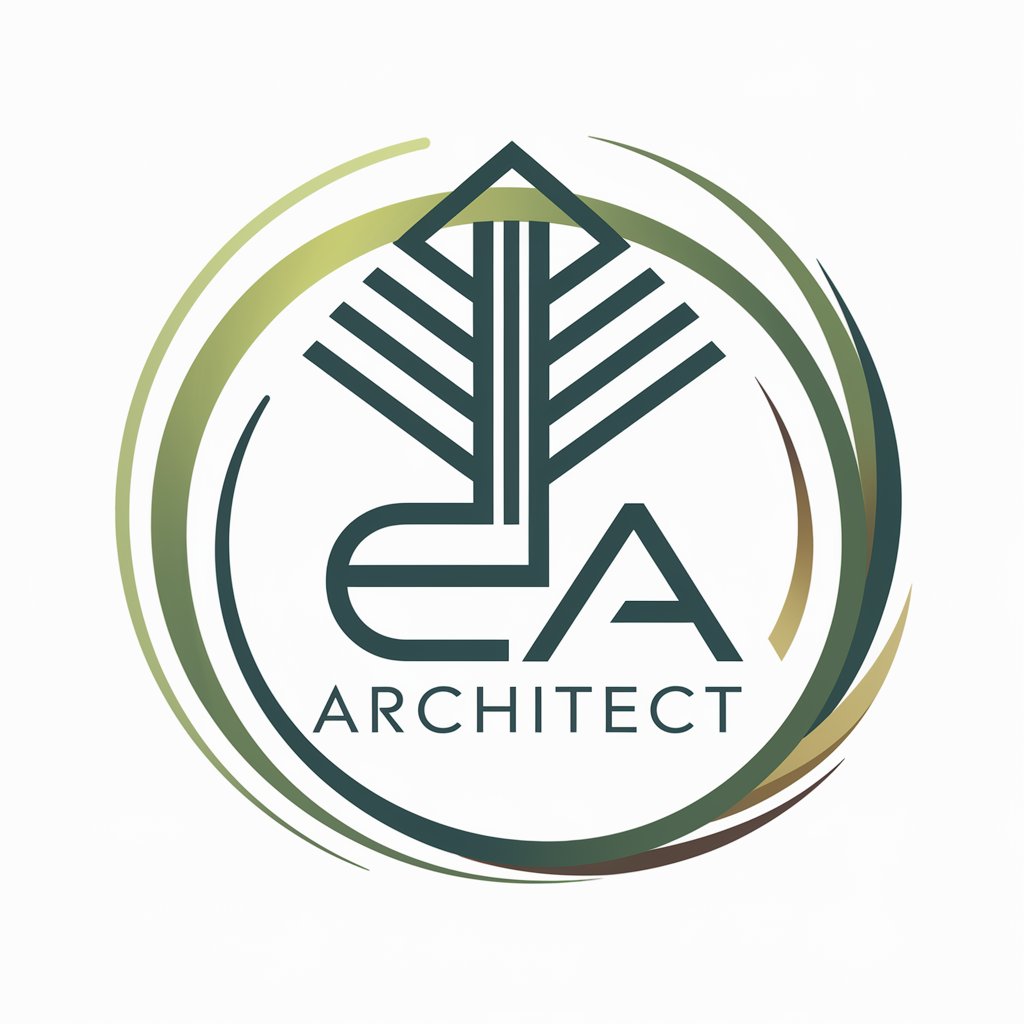
Sustainability in the Built Environment Tutor - AI-powered Sustainability Tutor
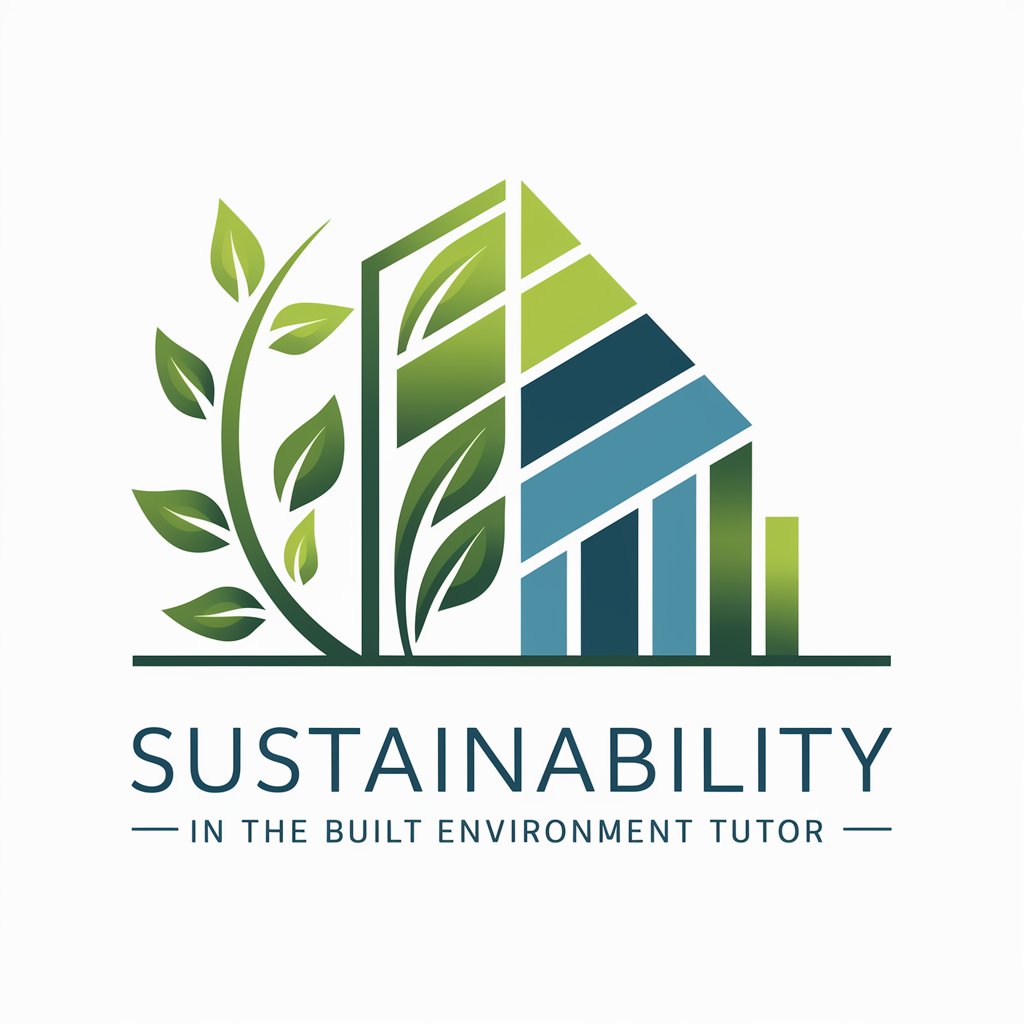
Hello! Let's explore sustainability in the built environment together.
Empowering sustainable design with AI
Can you explain the principles of sustainable building design?
What are the environmental impacts of construction materials?
How can urban planning contribute to sustainability?
What are some examples of successful sustainable architecture projects?
Get Embed Code
Understanding Sustainability in the Built Environment Tutor
Sustainability in the Built Environment Tutor is designed as an educational assistant with a focus on sustainability within construction, design, and the environmental impact of buildings. It serves to provide detailed explanations, answers, and educational support on topics related to sustainable design, construction practices, and the broader environmental, social, and economic issues tied to sustainability in the built environment. This GPT aims to integrate various aspects of sustainability to offer a comprehensive learning experience. For instance, it can elaborate on the principles of green building design, explain the significance of energy efficiency and renewable energy sources in reducing the carbon footprint of buildings, or discuss the role of material selection in promoting environmental sustainability and human health. Powered by ChatGPT-4o。

Core Functions and Real-World Applications
Educational Support
Example
Explaining the concepts of passive solar design and its benefits in reducing energy consumption.
Scenario
A student working on a project about energy-efficient building designs could use this function to understand how building orientation, window placement, and material selection can contribute to minimizing heating and cooling demands.
Technical Assistance
Example
Providing detailed information on LEED certification requirements and the process of achieving it.
Scenario
An architect aiming to design a LEED-certified building could benefit from in-depth guidance on the specific criteria and documentation needed for certification, helping to streamline the project's sustainability goals.
Research and Analysis Support
Example
Assisting in the evaluation of the environmental impact of various construction materials.
Scenario
A graduate student conducting research on sustainable materials would find this function invaluable for accessing comprehensive data on the lifecycle analysis, recyclability, and energy efficiency of different materials.
Report and Presentation Preparation
Example
Helping to structure and refine a presentation on urban sustainability challenges and solutions.
Scenario
Students or professionals preparing for a conference or academic submission can utilize this support to craft engaging, well-organized presentations that effectively communicate their research findings or design proposals.
Target User Groups
Upper Division and Graduate Students
These users, deeply involved in academic studies related to sustainability, urban planning, architecture, and environmental sciences, would benefit from detailed explanations, technical guidance, and assistance in research, report writing, and presentation preparation.
Architects and Urban Planners
Professionals focused on integrating sustainable practices into their projects would find the tutor's in-depth knowledge of green building standards, innovative materials, and design strategies essential for advancing their work.
Environmental Researchers
Researchers looking for comprehensive data on the sustainability of building materials, energy systems, and urban development practices would utilize the tutor for its ability to provide detailed analyses and summaries of current studies and trends.

How to Use Sustainability in the Built Environment Tutor
Begin Free Trial
Start by visiting yeschat.ai to explore Sustainability in the Built Environment Tutor with a free trial, no signup or ChatGPT Plus subscription required.
Identify Your Needs
Determine your specific questions or areas of interest related to sustainability in the built environment, such as sustainable design, construction practices, or environmental impact.
Ask Detailed Questions
Pose detailed, specific questions to ensure comprehensive, tailored responses. The more precise your question, the more relevant the information provided.
Utilize for Learning and Projects
Use the provided information for academic purposes, project planning, or to enhance your understanding of sustainable practices in the built environment.
Engage Regularly
Regular interaction with the tutor can deepen your understanding and keep you updated on the latest sustainable practices and technologies.
Try other advanced and practical GPTs
YouTub Music Playlist
Craft Your Soundtrack with AI
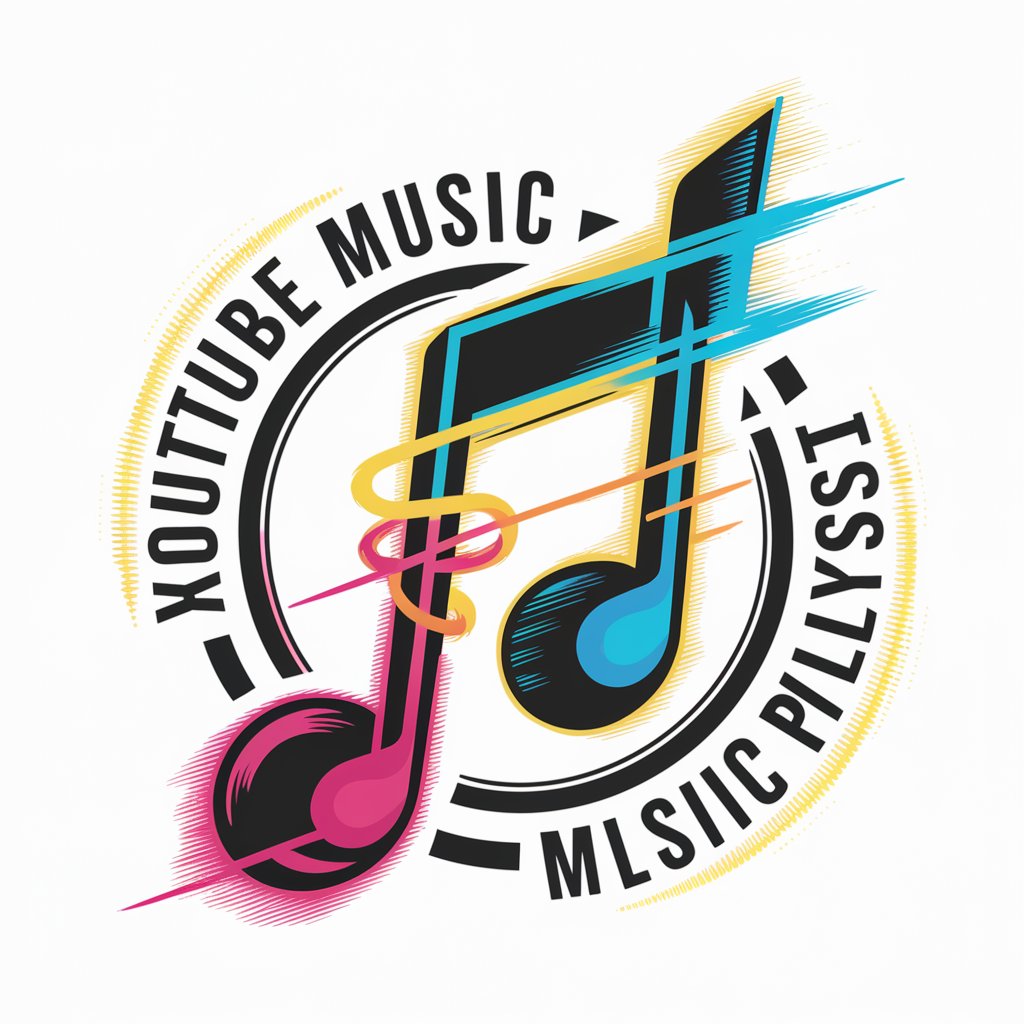
LinguaFlash Creator
Master English with AI Flashcards
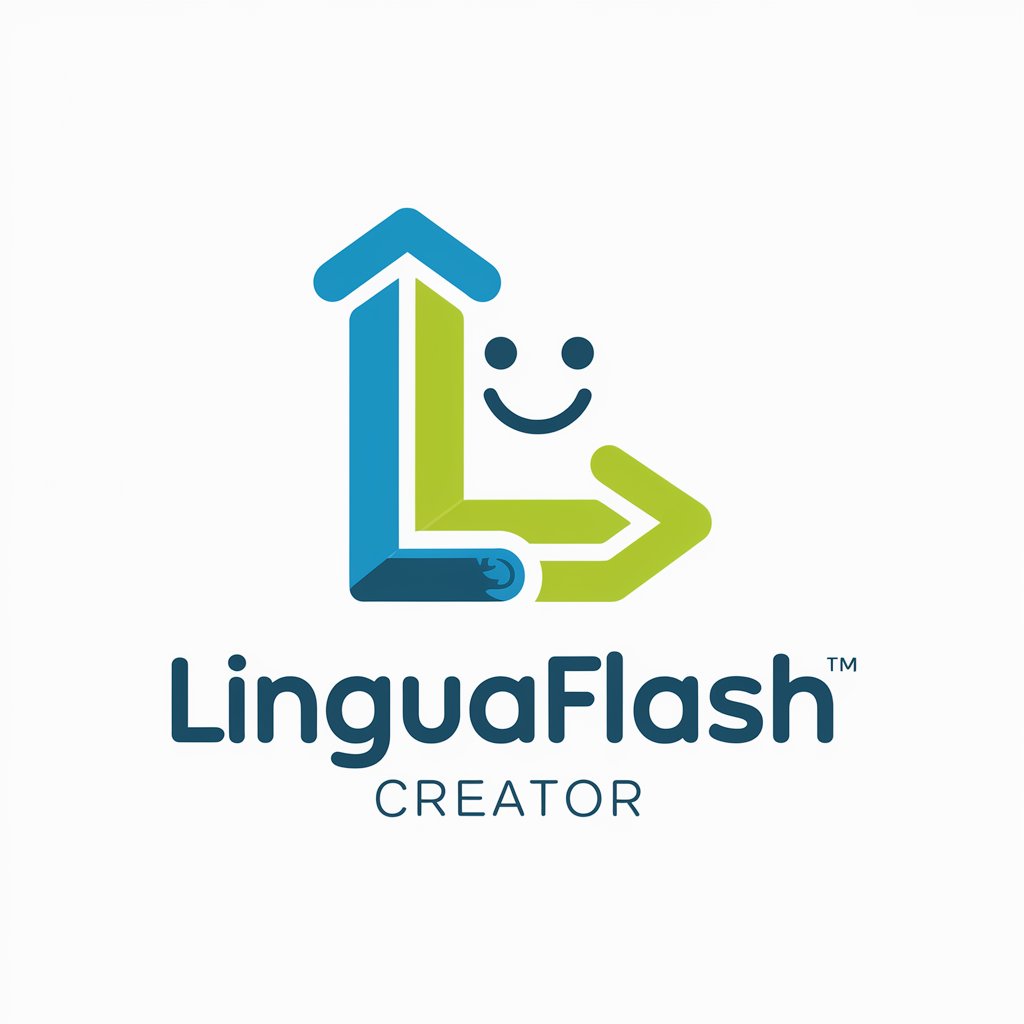
Zhengzhou
Empowering Discovery with AI
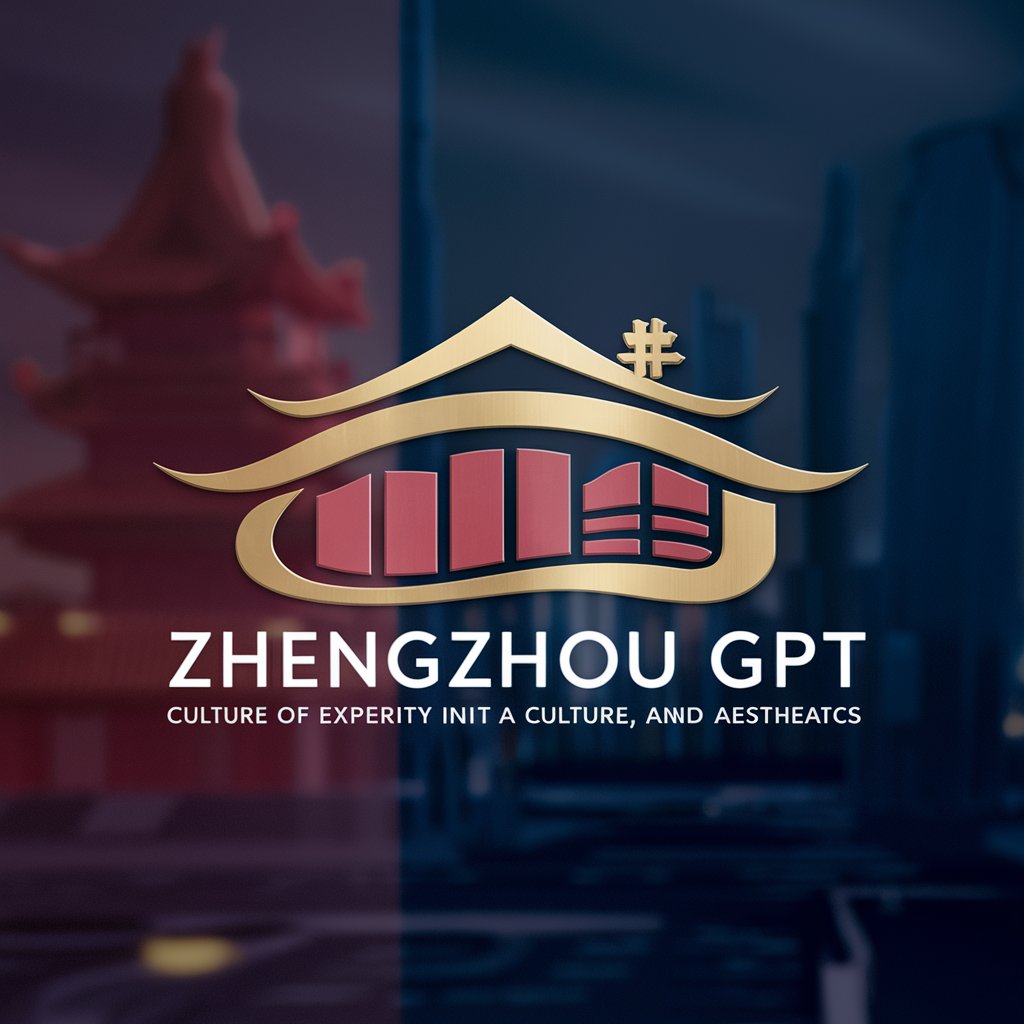
GPT NutriTrack
Smart Nutrition Insights at Your Fingertips

AI
Elevate Your Creativity and Productivity with AI
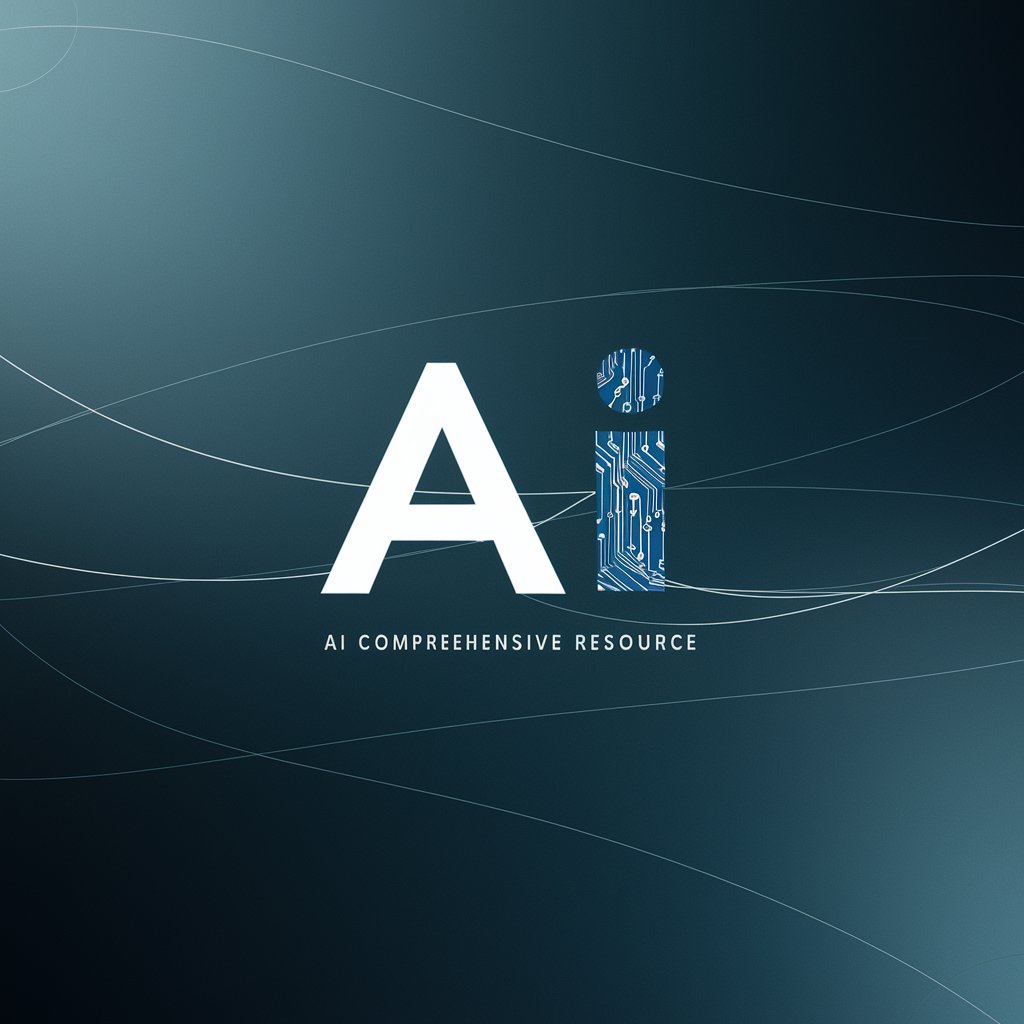
SEO Blog Content Wizard
Empower Your Content with AI
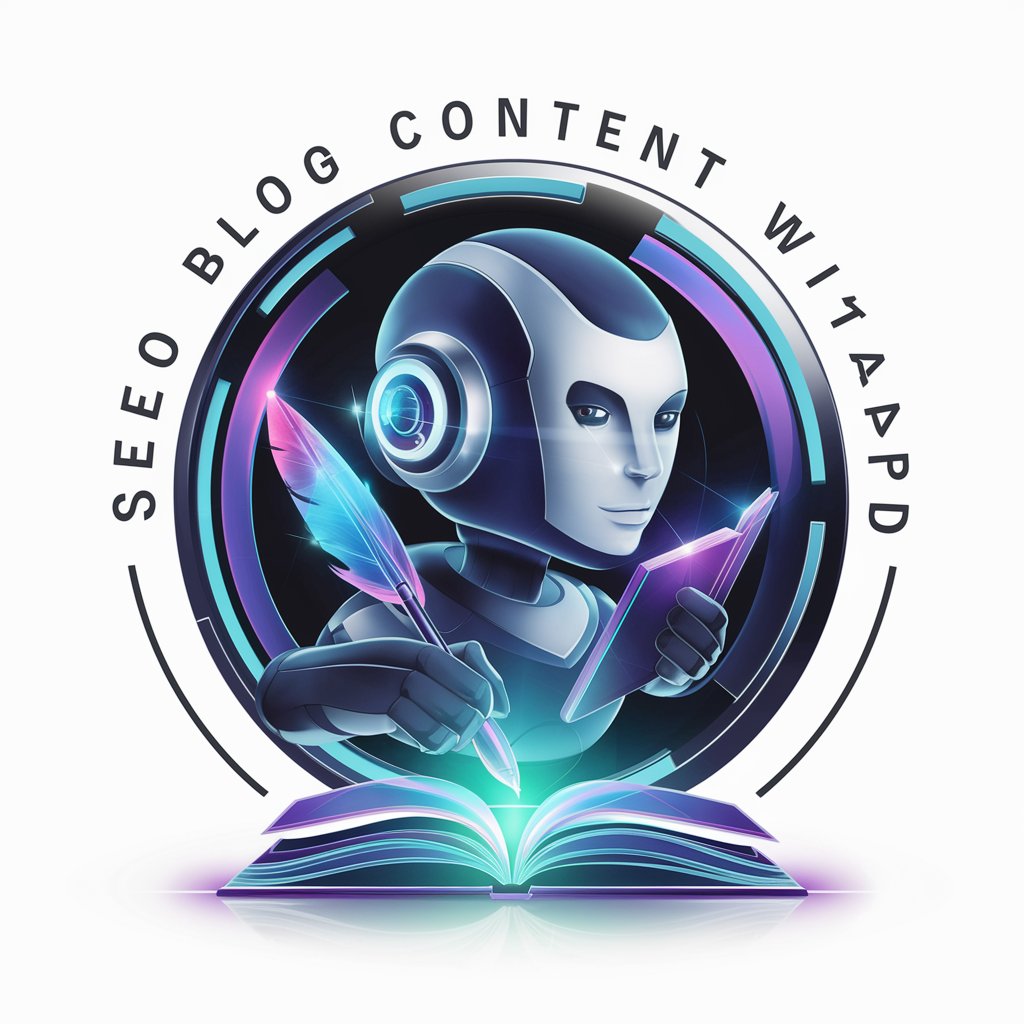
Built2
Empowering Growth with AI
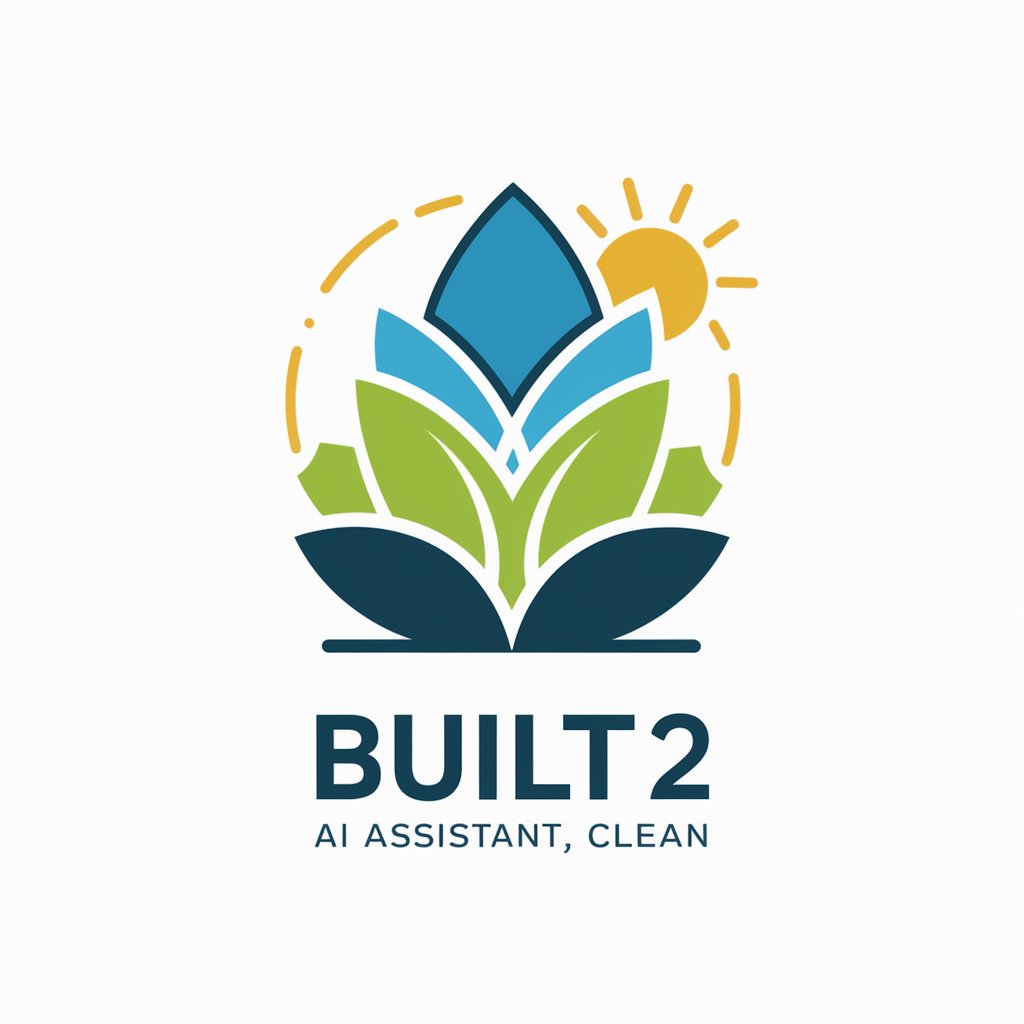
As Built Text Modifier
Transforming future plans into past achievements.
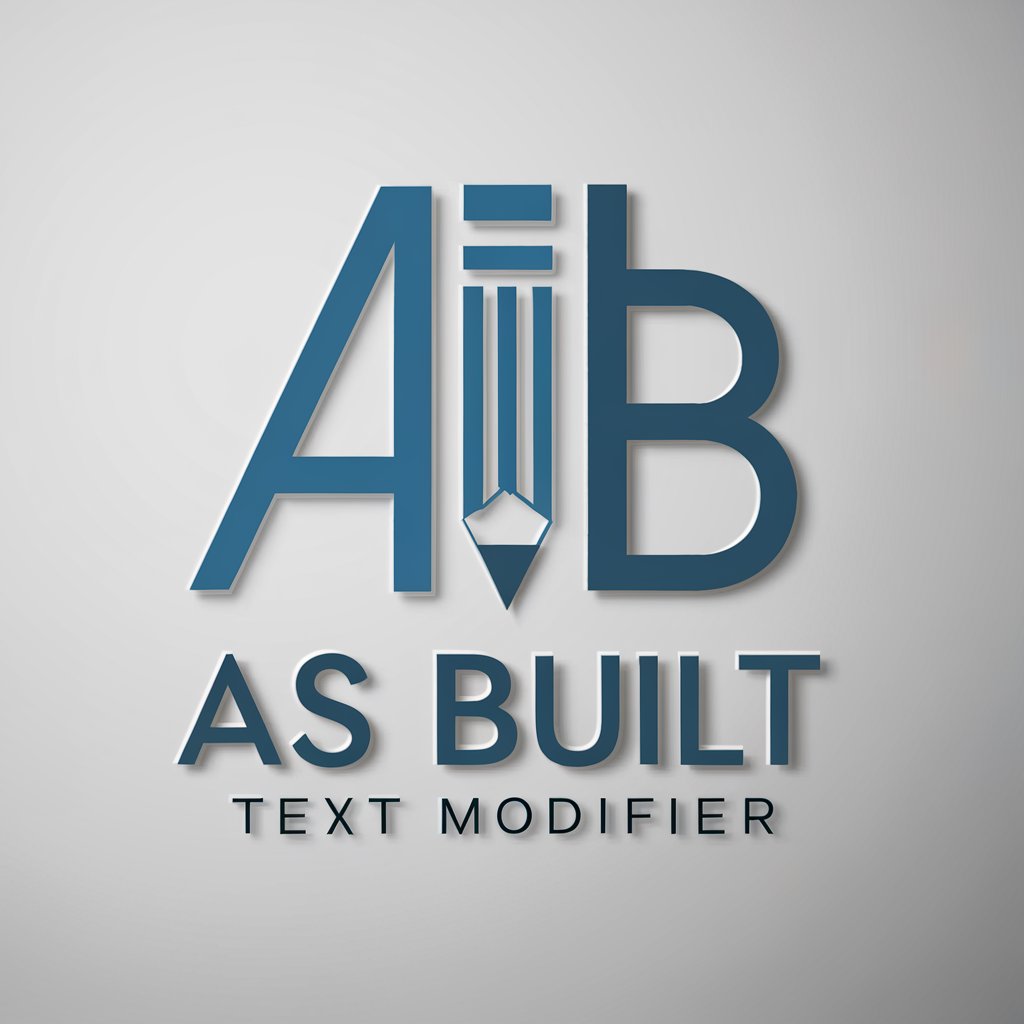
TRPG DM
Crafting Your Dark Narratives with AI
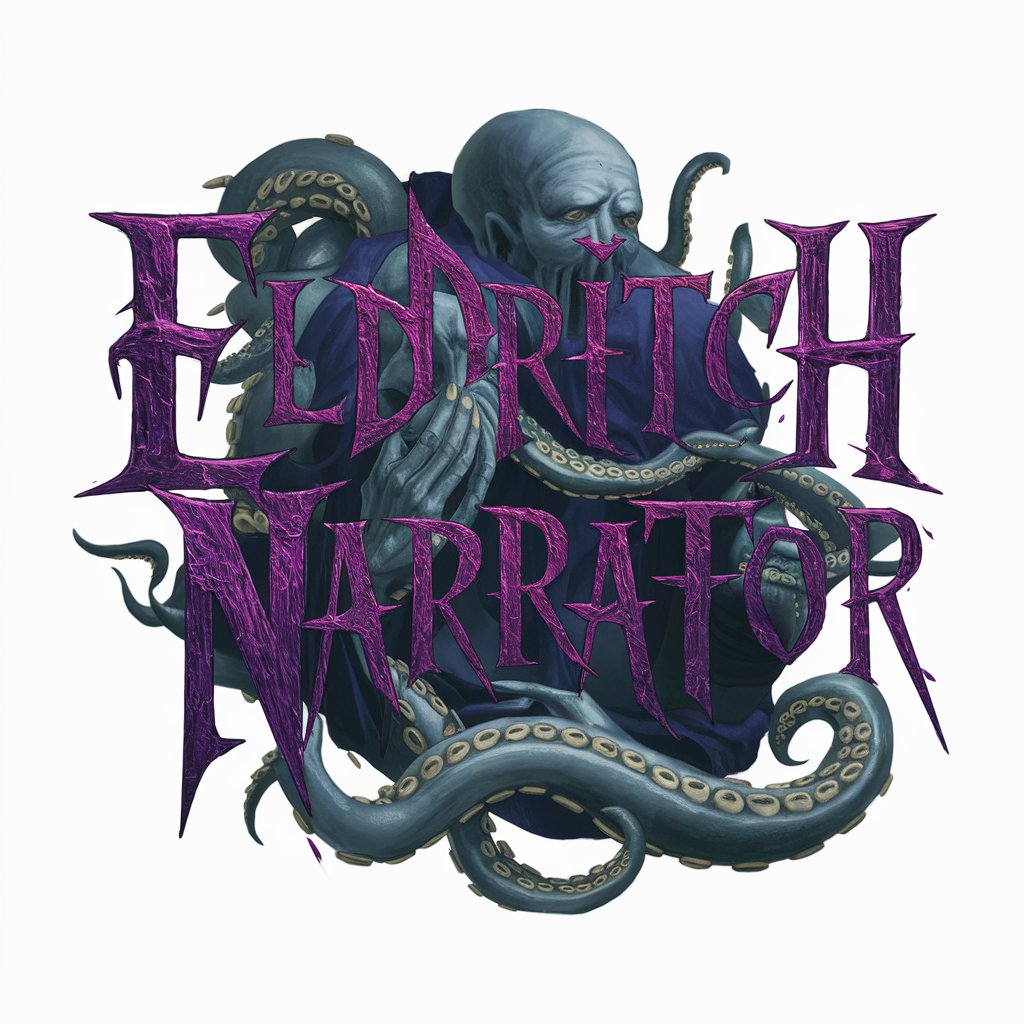
DM buddy
Elevate your RPGs with AI-powered creativity.
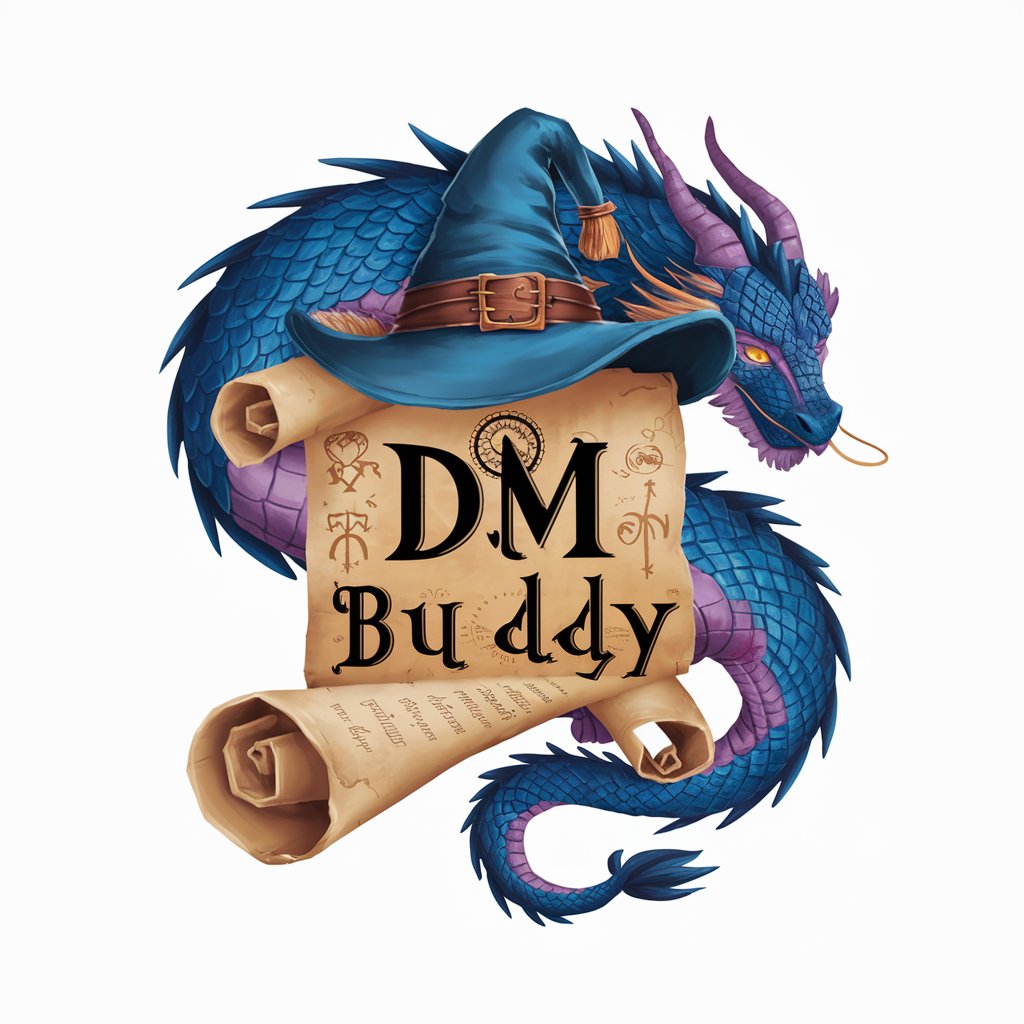
DM Helper
Elevating D&D with AI Creativity
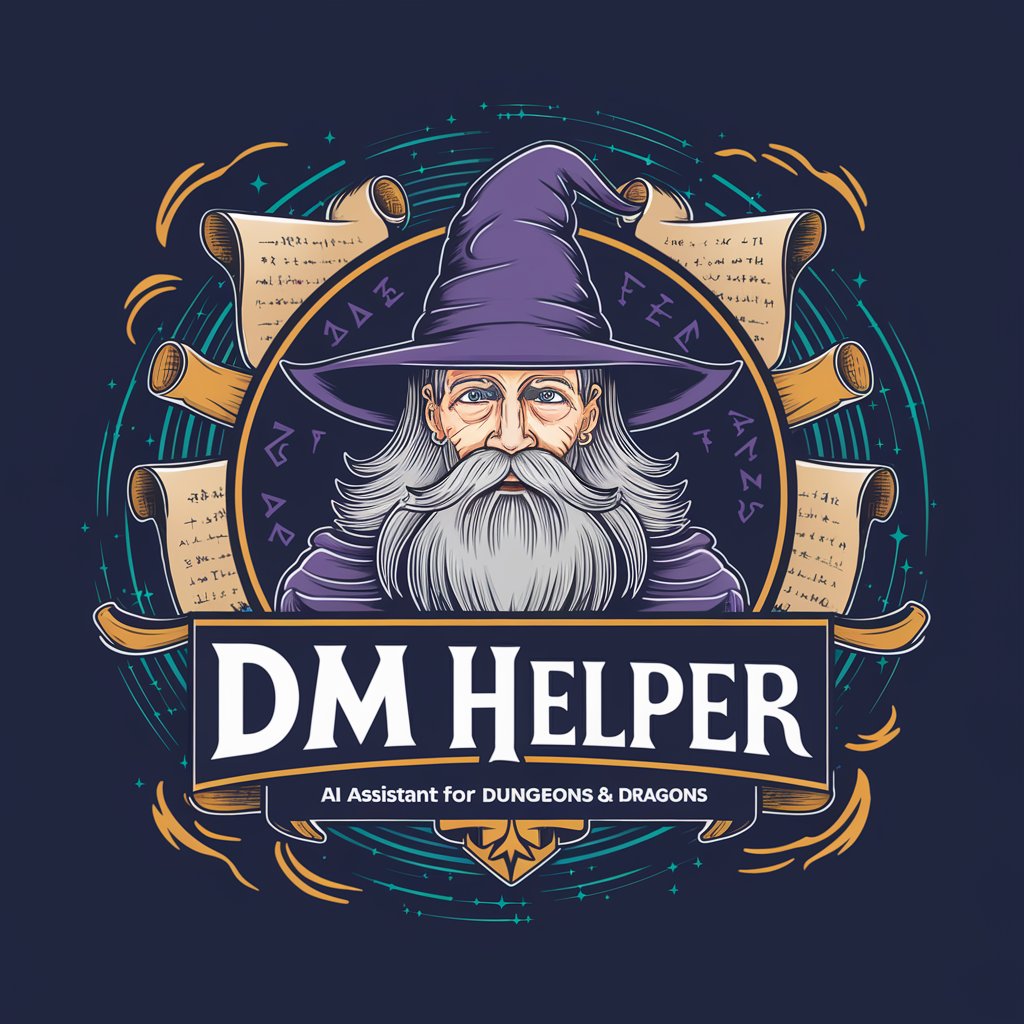
Researcher Cathie
Empowering insights with AI-driven research

Common Questions about Sustainability in the Built Environment Tutor
What kind of questions can I ask the Sustainability in the Built Environment Tutor?
You can ask a wide range of questions related to sustainable construction, design, environmental impact, and ethical considerations in sustainable design. This includes technical aspects, materials, energy efficiency, and best practices.
How can this tutor help me with my academic projects?
The tutor offers detailed explanations, data, and case studies relevant to your project's focus on sustainability. It can assist in refining your research questions, structuring your reports, and providing citations and resources for further reading.
Can the tutor provide real-world examples of sustainable design?
Yes, it can share numerous real-world examples, studies, and best practices from around the globe, highlighting successful implementations of sustainable design and construction.
Is the information up-to-date with current sustainability practices?
The tutor draws from a broad range of current resources and studies, ensuring the information reflects the latest trends, technologies, and practices in sustainable design and construction.
How does the tutor personalize responses?
Responses are tailored based on the specificity of your questions. By analyzing your query's context and details, the tutor provides information most relevant to your educational or project needs.
